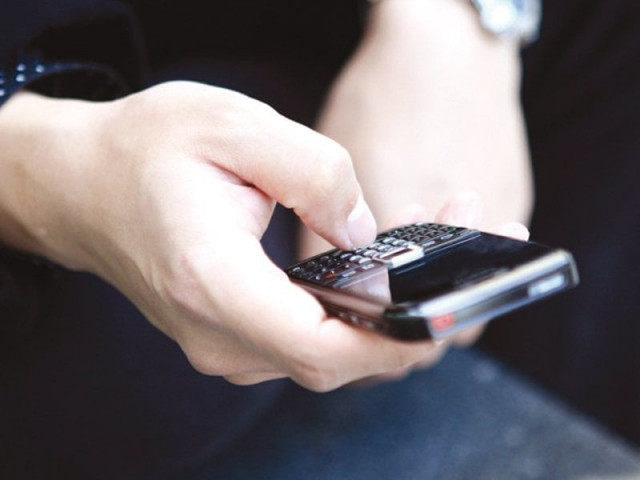Top US Court mandates warrants to trawl suspects' mobile phone
The court said exceptions to these guidelines would be only "to protect officer safety or to preserve evidence."

Mobile phones deserve the same protection against "unreasonable searches and seizures" as other personal property - for example homes - enshrined in the US constitution's Fourth Amendment, the top US court said.
The court, in two cases involving criminal suspects whose mobile handsets were searched by police, weighed the interest of law enforcement in finding important evidence against the civil liberties guaranteed in the constitution.
Chief Justice John Roberts, writing for the court, said that the principles of the US "Founding Fathers" still apply - despite the advent of 21st century technology.
"Our cases have recognised that the Fourth Amendment was the founding generation's response to the reviled 'general warrants' and 'writs of assistance' of the colonial era, which allowed British officers to rummage through homes in an unrestrained search for evidence of criminal activity," Roberts wrote.
"Opposition to such searches was in fact one of the driving forces behind the Revolution itself."
Roberts said that people store vast amounts of personal data on their phones and that "the fact that technology now allows an individual to carry such information in his hand does not make the information any less worthy of the protection for which the Founders fought."
"Our answer to the question of what police must do before searching a cell phone seized incident to an arrest is accordingly simple - get a warrant," he wrote.
The court said exceptions to these guidelines would be only "to protect officer safety or to preserve evidence."
Roberts was joined by seven of the eight other justices, while Justice Samuel Alito wrote an opinion which supported and dissented in part.
Steven Shapiro at the American Civil Liberties Union hailed the decision as important for constitutional rights.
"By recognising that the digital revolution has transformed our expectations of privacy, today's decision is itself revolutionary and will help to protect the privacy rights of all Americans," he said in a statement.
"We have entered a new world but, as the court today recognised, our old values still apply and limit the government's ability to rummage through the intimate details of our private lives."
The court consolidated two cases for the opinion.
The first emerged from the arrest of David Riley, a Californian student pulled over in 2009. His car registration was found to have expired.
Police discovered loaded guns in his car and, after scouring his smartphone, found entries related to a local gang and an earlier shooting. His sentence of 15 years to life was upheld on appeal.
In the other case, Boston police in 2007 searched the call log of Brima Wurie's flip phone, which led them to an apartment where they found drugs, money and weapons.
An appeals court threw out the evidence found on Wurie's phone, saying it had been obtained unconstitutionally.
Steven Schwinn at the John Marshall Law School in Chicago said the ruling "breaks little new ground on Fourth Amendment analysis. Instead, it applies a familiar framework to a relatively new technology, cell phones."
But he added that as a practical matter, police may still be able to carry out searches, albeit with some judicial oversight.
This "should not be overly difficult, assuming that an officer can meet the requirements for a warrant: an arresting officer need only drop a seized cell phone into a Faraday (evidence) bag and obtain a warrant for a later search."



















COMMENTS
Comments are moderated and generally will be posted if they are on-topic and not abusive.
For more information, please see our Comments FAQ